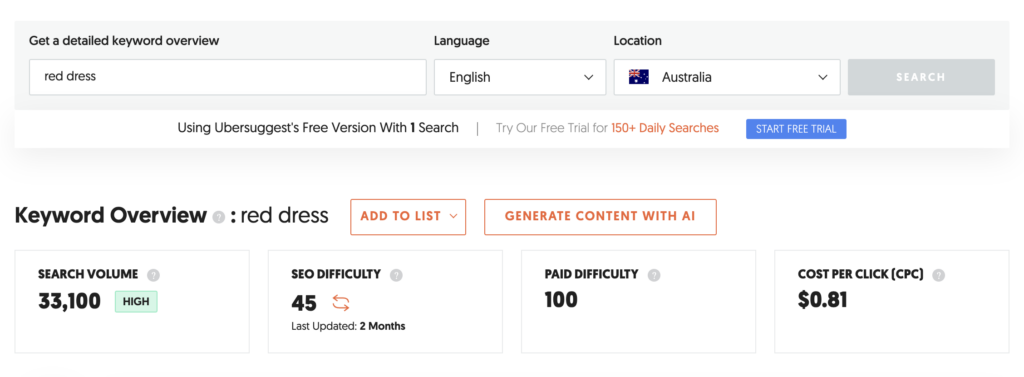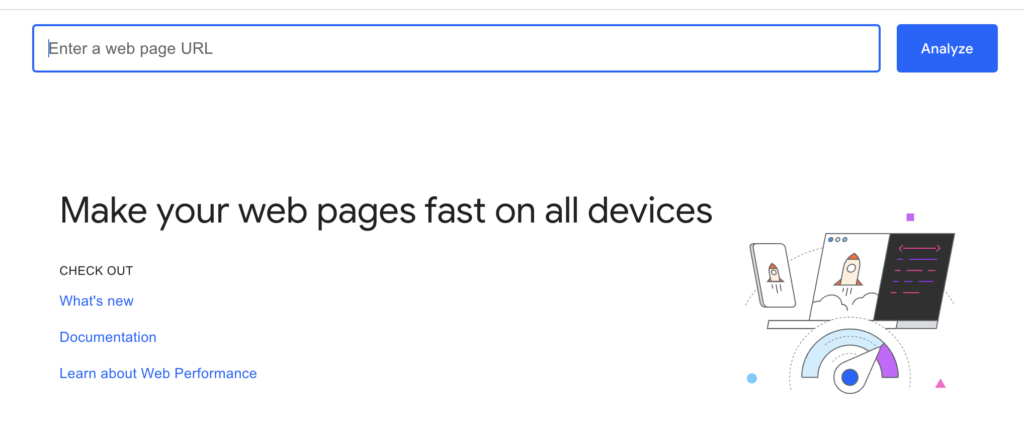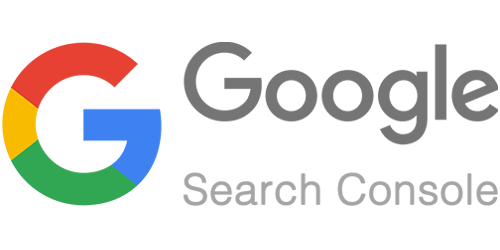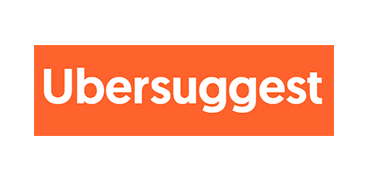In the vast ocean of the internet, where billions of websites vie for attention, how do you ensure that your voice is heard, your brand is seen, and your business thrives?
The answer lies in the art and science of Search Engine Optimisation (SEO).
Imagine SEO as your trusty compass, guiding you through the labyrinth of search engine results to the treasure trove of organic traffic and unparalleled visibility. In this blog, we embark on an exhilarating journey into the realm of SEO, uncovering its secrets, dissecting its nuances, and unveiling its transformative potential.
What is SEO?
SEO, simply put, is the art and science of optimising your online content to rank higher in search engine results. When someone types a query into a search engine like Google, SEO helps your website appear closer to the top of the search results, increasing its visibility and driving more organic traffic.
What is SEO in Digital Marketing
Search Engine Optimisation (SEO) is the secret ingredient that makes your website stand out in the digital world. The magic wand ensures your content doesn’t get lost in the vast wilderness of the internet. With SEO, your website becomes a beacon of relevance and authority, guiding users straight to your virtual doorstep and transforming casual visitors into loyal customers.
Importance of SEO in Digital Marketing
In the fiercely competitive digital landscape, visibility is critical. Without SEO, your website might as well be a needle in a haystack. By implementing effective SEO strategies, you can ensure that your target audience finds you effortlessly, boosting brand awareness, driving traffic, and increasing conversions.
How Search Engines Work
Ever wondered how search engines decide which websites to show at the top of the search results? It all boils down to complex algorithms that analyse hundreds of factors to determine relevance and authority. These factors include keywords, backlinks, and user experience, among others.
Types of Search Engine Results
Search engine results pages (SERPs) are not one-size-fits-all. Users may encounter various results depending on the query, including organic listings, paid advertisements, featured snippets, knowledge panels, and local packs. Understanding these different result types is crucial for crafting an effective SEO strategy.
Website Factors for SEO in Digital Marketing
Optimising Site Architecture for SEO Success
Site architecture is pivotal in SEO as the blueprint for how search engines crawl and index your website. A well-structured site enhances user experience and improves search engine visibility. Organising your content into logical categories, creating clear navigation pathways, and implementing internal linking strategies will ensure that users and search engines can easily find and access your content.

Embracing Mobile Friendliness for Enhanced User Experience
In today’s mobile-first world, optimising your website for mobile devices is no longer a luxury—it’s a necessity. Mobile-friendly websites provide a seamless browsing experience for users on smartphones and tablets and earn favour with search engines. Google, in particular, prioritises mobile-friendly websites in its search results, making mobile optimisation a crucial component of any SEO strategy. From responsive design and mobile-friendly layouts to fast load times and intuitive navigation, ensuring that your website caters to mobile users is essential for SEO success.
Prioritising Load Speed for Both Mobile and Desktop Users
In the fast-paced digital landscape, every second counts. Whether users browse on mobile devices or desktop computers, slow load times can be a significant turnoff, leading to high bounce rates and decreased search engine rankings. That’s why optimising load speed is paramount for SEO. You can ensure that your website loads swiftly across all devices by minimising server response times, compressing images, leveraging browser caching, and reducing unnecessary scripts and plugins. A lightning-fast website enhances user experience and signals to search engines that your site is reliable and user-friendly.
Test your website speed here:
Ensuring Security and Accessibility for All Users
Security and accessibility are not just ethical imperatives—they’re also crucial for SEO. Secure websites (HTTPS) inspire trust among users and provide a safe browsing environment, while inaccessible websites alienate users with disabilities and hinder search engine crawlers from adequately indexing your content. By implementing SSL certificates, adhering to web accessibility standards (WCAG), and optimising screen readers and assistive technologies, you can create a more inclusive and trustworthy online experience. Moreover, search engines prioritise secure and accessible websites in their rankings, making security and accessibility essential to any comprehensive SEO strategy.
The Importance of Accessibility in SEO
Search engines strive to deliver users the most relevant and user-friendly results. Websites that prioritise accessibility demonstrate a commitment to providing a seamless browsing experience for all visitors, which aligns with search engines’ goals of delivering high-quality content. Moreover, search engine algorithms increasingly prioritise accessible websites, considering factors such as alt text for images, proper heading structure, and keyboard navigation.
Key Accessibility Considerations for SEO
Alt Text for Images: Including descriptive alt text for images helps visually impaired users understand the content and provides valuable context for search engines. Optimising alt text with relevant keywords can improve the visibility of your images in search engine results pages (SERPs).
Semantic HTML: Proper use of semantic HTML elements such as headings, lists, and landmarks improves the structure and navigation of your website for both users and search engines. Search engines rely on these elements to understand the hierarchy and organisation of your content.
Keyboard Navigation: Ensuring that your website can be navigated using keyboard controls is essential for users who rely on assistive technologies or have mobility impairments. Search engines also consider the accessibility of navigation elements when determining website usability.
Transcripts and Captions: Providing transcripts for audio content and captions for video content not only enhances accessibility but also makes your multimedia content more searchable and indexable by search engines.
Key Elements of SEO in Digital Marketing
Keywords
Keywords are the building blocks of SEO. Users type these words and phrases into search engines when looking for information. By conducting keyword research and strategically incorporating relevant keywords into your content, you can increase your chances of ranking for specific queries.
Use ubersuggest or SEMrush to help you identify the traffic and SEO difficulty for your keywords.

On-Page Optimisation
On-page optimisation involves optimising individual web pages to rank higher and earn more relevant traffic. This includes optimising meta titles, meta descriptions, headings, and body content and improving site structure and internal linking.
Off-Page Optimisation
Off-page optimisation focuses on improving your website’s authority and credibility through external factors such as backlinks, social signals, and online mentions. Building high-quality backlinks from reputable websites is a cornerstone of off-page SEO.
Technical SEO
Technical SEO deals with the backend elements of your website that affect search engine visibility, such as site speed, mobile-friendliness, crawlability, and indexability. Ensuring that your website is technically sound is essential for achieving optimal search engine rankings.
Best Practices for SEO
Content Creation
Content is king in the realm of SEO. Creating high-quality, relevant, and engaging content attracts visitors and encourages other websites to link back to yours. The possibilities for content creation are endless, from blog posts and articles to videos and infographics.
Link Building
Link building is acquiring hyperlinks from other websites that are on your own. These backlinks act as votes of confidence in the eyes of search engines, signalling that your content is valuable and worthy of attention. However, it’s crucial to focus on quality over quantity and avoid spammy tactics.
Mobile Optimisation
With most internet users now browsing on mobile devices, optimising your website for mobile is no longer optional—it’s essential. Mobile-friendly websites provide a better user experience and rank higher in mobile search results, thanks to Google’s mobile-first indexing.
Measuring SEO Success
Metrics to Track
To gauge the effectiveness of your SEO efforts, it’s essential to track key performance indicators (KPIs) such as organic traffic, keyword rankings, backlink profile, bounce rate, and conversion rate. By monitoring these metrics regularly, you can identify areas for improvement and make data-driven decisions.
Tools for SEO Analysis
Many tools are available to help you analyse and optimise your website for search engines. From Google Analytics and Google Search Console to SEMrush and Ubersuggest, these tools provide valuable insights into your website’s performance, competitor analysis, keyword research, and more.
Common SEO Mistakes to Avoid
Keyword Stuffing
Stuffing your content with an excessive number of keywords in an attempt to manipulate search engine rankings is a big no-no. Not only does it make your content sound unnatural and spammy, but it can also result in penalties from search engines.
Ignoring Mobile Users
Failing to optimise your website for mobile users is a cardinal sin in the world of SEO. With mobile devices accounting for most web traffic, neglecting mobile optimisation can lead to poor user experience and lower search engine rankings.
Neglecting Quality Content
Content is the heart and soul of SEO. No amount of technical wizardry or link-building can compensate for low-quality, irrelevant content. Investing time and resources into creating valuable and engaging content is essential for long-term SEO success.
The Future of SEO
Voice Search Optimisation
With the rise of virtual assistants like Siri, Alexa, and Google Assistant, voice search is becoming increasingly prevalent. Optimising your content for voice search queries requires a different approach, focusing on natural language, long-tail keywords, and conversational content.
AI in SEO
Artificial intelligence (AI) is poised to revolutionise the field of SEO in the coming years. From personalised search results and predictive analytics to natural language processing and content generation, AI-powered tools are unlocking new possibilities for optimising websites and improving user experience.
In the ever-evolving digital marketing landscape, SEO remains a cornerstone of success. By understanding the fundamentals of SEO, implementing best practices, and staying ahead of emerging trends, you can position your website for long-term growth and profitability.
FAQs
between SEO and SEM?
to see results from SEO?
or does it also apply to other search engines?
between SEO and SEM?
SEO optimises organic search results, while SEM (Search Engine Marketing) involves paid advertising strategies such as pay-per-click (PPC) campaigns.
to see results from SEO?
SEO is a long-term strategy, and the timeline for seeing results can vary depending on factors such as competition, industry, and the effectiveness of your SEO efforts. Generally, seeing significant improvements in search engine rankings may take several months.
or does it also apply to other search engines?
While Google is the most popular search engine, SEO principles
BIO
Kelly Slessor, is an Ecommerce Coach and a digital marketing expert. Passionate about retail, hospitality and retail service providers. As the founder and CEO of Shop You, an AI powered personalised virtual shopping mall she has spent 20 years building retail technology that responds to customer needs, drives conversions and increases revenue. Over the past year she has worked with over 1000 retailers and hospitality providers. If you want discover more about digital growth and optimisation, work with me.













